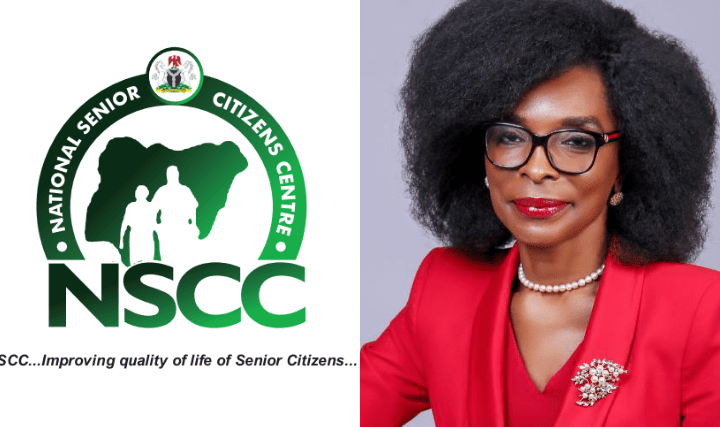By Gift Olivia Samuel
Abuja, Nigeria – As Nigeria joins the rest of the world to celebrate the 2022 United Nations International Day of Older Persons (UNIDOP), the National Senior Citizens Center (NSCC), has said that it will increase efforts in empowering more older persons in Nigeria to live dignified and happy lives.
The NSCC Director General, Dr. Emem Omokaro, who said this Friday in Abuja, while addressing a press conference to mark the United Nations IDOP, pointed out that the theme of this year’s celebration, “The Resilience and Contributions of Older Women”, serves as a reminder of the significant role older women play in traversing global challenges and contributing to their solutions with resilience.
She also stated that the theme will draw more attention to older women who continue to meaningfully contribute to their political, economic, social and cultural lives, but their contributions and experiences remain largely invisible and disregarded, limited by gendered disadvantages accumulated throughout the life course.
Dr. Emem pointed out that, “On this International Day of Older Persons, we are celebrating the resilience of older women and men in a changing world, and moving from resilience to empowerment. When you talk about resilience, we are saying that they’ve passed through threats, distress and trauma. It has not really been well, however, they have developed coping mechanisms to survive.
“So, we will be celebrating them and looking at what has changed in the world, what has been their challenges and how they have been able to survive all these years without a policy or anything that concerns them. We will make a bold statement that, with what we have on ground, we should not be talking about resilience but about empowerment.
“We will also look at their coping mechanisms and how we can strengthen and empower them to live dignified, happy, secured and healthy lives. That’s what NSCC will do”, she said.
Furthermore, she disclosed that the NSCC is working to build the capacity of caregivers, and to train health workers who will reach out to remote villages where the aged who cannot access the primary healthcare facilities are located.
“On health, we are now working to mainstream integrated care for older persons to primary healthcare. That means that before now—their resilience, what they were struggling with—there was no geriatric assessment in primary health care and there was nothing for the geriatric population.
“That means that the older women in the community who cannot come out to the primary healthcare centre will be left to die wherever she is. But now, we are reviving all that”, she said.
On this year’s International Day of Older Persons, she called on individuals and communities to pause and pay attention to older persons, who they are, their contributions to society, their challenges and also their demographics, noting however, that Africa has over time focused on the youth demographics, while neglecting the demographics of older persons which is steadily growing.
The NSCC boss also called on the government at all levels to become responsible enough to meet the increasing demographics of older persons by putting facilities in place, so as to avoid becoming overwhelmed with the challenges.
Recall that on 14 December 1990, the United Nations General Assembly designated October 1 as the International Day of Older Persons.
